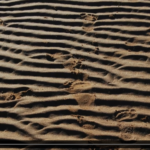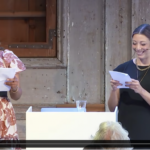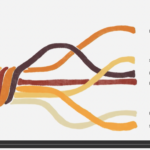
NADYA POHRAN
University of Cambridge
[s2If current_user_can(access_s2member_level1)]
[/s2If]
[s2If !is_user_logged_in()]
Join EPIC to access video:
→ Learn about Membership
→ Browse Video Library
[/s2If]
[s2If current_user_is(subscriber)]
Join EPIC to access video:
→ Learn about Membership
→ Browse Video Library
[/s2If]
Resilience can be a tremendous asset to any individual’s ability to carry on despite difficulties. At the same time, revering resilience without a healthy amount of respect for emotional vulnerability—by which I mean the intentional choice to tap into our emotional beings and allow ourselves to deeply experience the emotions that arise in us doing our fieldwork and analysis phases of ethnographic research—can be a hindering block to doing good anthropological work. Drawing upon three examples from my personal work as an anthropologist—one from academic research in interreligious relations, one from a healthtech start up context, and one from doing ethnographic work in corporate settings—I...


